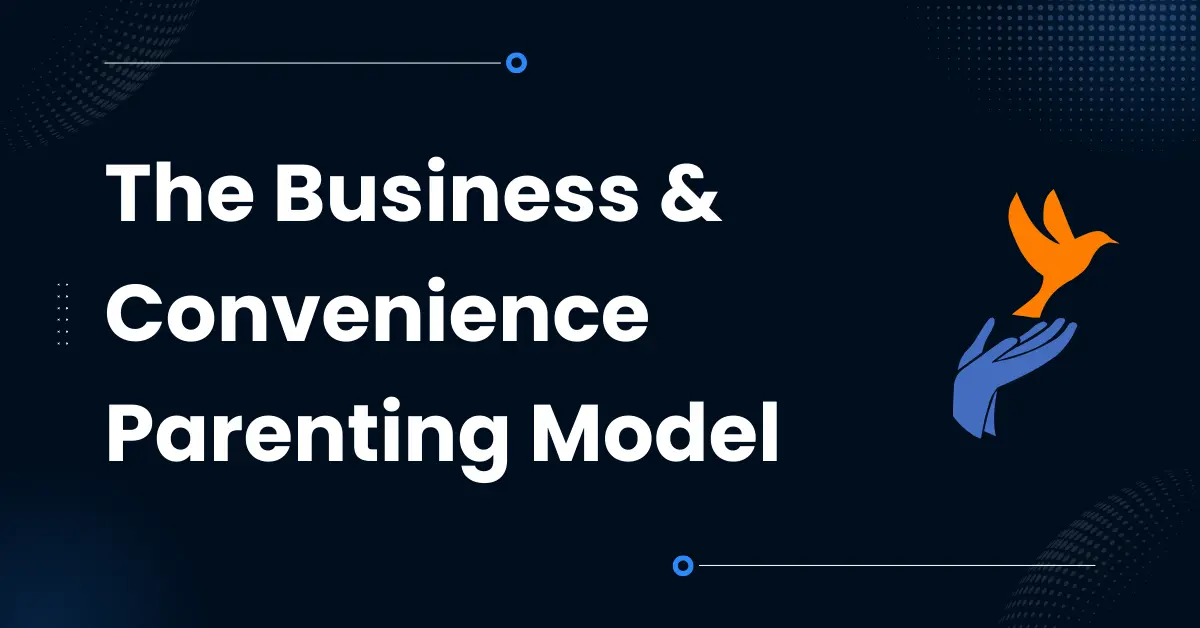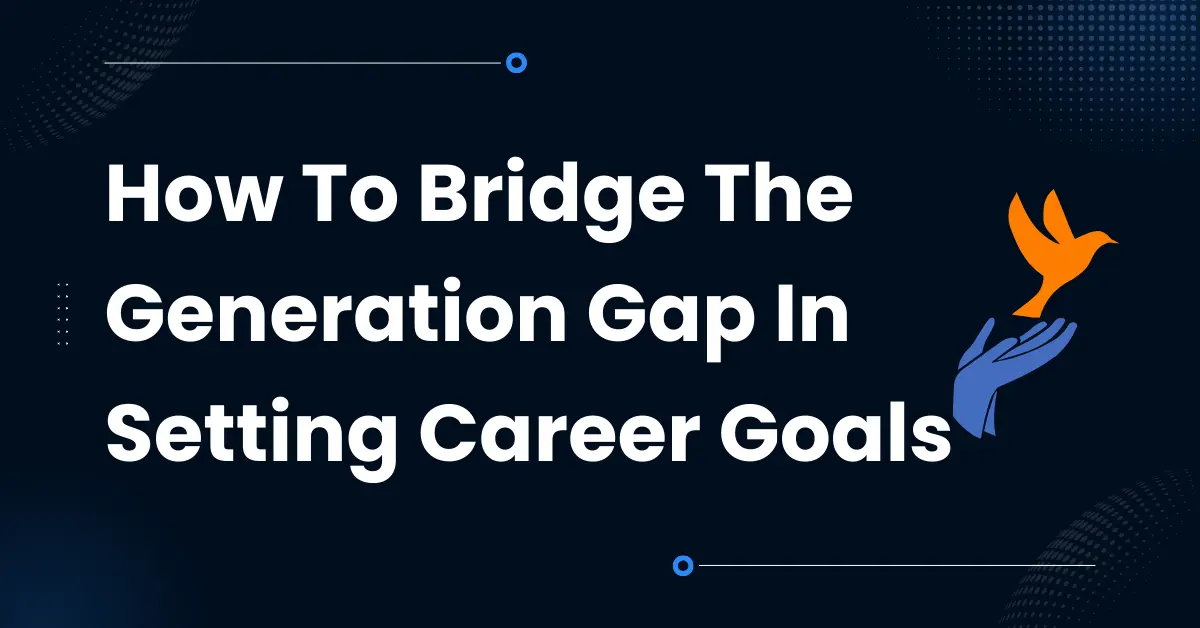The Business of Parenting
This will be a tough article as it talks about some of the tougher challenges facing families, teens, and parents today. The views presented here are the author’s, however they are based on the data and dialogues of over a decade with a variety of educators, parents and counsellors.
One year ago, a parent described his teenager as listless, disinterested in studies and not showing any joy in life. Clinically, this can be a cause for psychological concern. He also emphasized that as both he and his spouse are in demanding full-time employment, they have no time to give him. However, they want his personality to improve and are really concerned and hope counselling will help.
Four years back, a colleague and educator explained that most of the high school students in their school are latch-key children. A term used to describe children who return to empty homes after school as both parents are working and the nuclear family system means there are no grandparents or adults staying with them in the family. As a result, she said the children are emotionally fragile and need a lot of support and affirmations from the teaching community. The school is the space where they feel more wanted and fulfil most of their social needs.
Two years back, a high-flying doctor couple were very troubled with their ninth grader regarding both careers and overall well-being. The parents were very busy and engaged in their professional lives, they had hired multiple tutors and a counsellor for their teenager to help him with his academics and emotional well-being.
Three years back, a very successful chief executive of a large organisation was very troubled with her high schooler. She was blessed to have a grandparent overlook him through his younger years, but as he got into his teens, he became more withdrawn and unable to connect with his grandmother. A very ambitious parent, she was focused on helping him get great grades and had hired tuition teachers for all subjects and monitored his study routine by the hour even from office. The teen was listless, unable to take charge of his time and lacked initiative and discipline. He would silently rebel when his mother called to monitor his studies and friends.
I have seen the same situation repeated with some variations in the age and other challenges over the years in many urban families. I have also experienced this as a parent trying to balance full-time work and child-rearing and domestic duties. My learnings stem from my own mistakes and my observations of how society moulds parents to care in ways that may prove rather ineffective for our children.
I will start with describing how parenting these days is also infected with the germ of “convenience”! This illusion of convenience is pretty much like instant noodles, it is tasty, easy to make and affordable in the short run. However, we all know the side-effects of instant noodles and how it is best used only in an emergency food situation. Am sharing a few observations here.
The convenience of helpers as foster parents in the early to primary years:
Parenting is a very demanding role that has no clear financial benefits. In a world where your worth is based on finances, investing time on nurturing your children seems like a losing proposition to many parents. Also given the levels of relationship breakdown and professional aspirations of parents, it becomes almost mandatory for both parents to be financially stable and independent. This is a good development overall, though it leaves a lacuna when it comes to taking care of children and young ones.
Some of us are fortunate to have our parents or grandparents overseeing the rearing of the children while we earn and make a living. Some of us are not, or grandparents may not be physically or mentally healthy to rely on them for caretaking responsibilities. In these circumstances, we choose helpers as foster parents to rear our children in the early years.
If you are lucky & fortunate you will find healthy, honest and loving help to take care of your young. Many are not so fortunate and what you get is a series of helpers who work for a few months and leave thereafter. In a sense the child is unable to attach themselves to any one loving caregiver and this creates a lot of insecurity in the child and as a parent you are also very stressed.
Sometimes, we switch to the day-care centre instead. This offers a more balanced and stable environment for your child. If this centre is run by a maternal and loving owner, you may have a very good experience.
In the good situation where you have a loving and almost permanent helper, or day-care centre, you are in a way entrusting them to give your child values, unconditional love, and a sense of worth and knowing of the world. Even with the best of intentions, the caretakers who attend to your children may not be in a space to instil values, love and discipline the child as well as a parent can do. Parenting is very instinctive, and as these caretakers may come from families very different from yours socially as well as culturally, you will find them unable instil a deep learning, curiosity, or love for self, compassion, and esteem in the child.
The convenience of luxury buying to fix guilt:
Most parents feel guilty for being unable to spend more time with their children. They try to make up with expensive toys, expensive vacations and possibly give-in to many demands of the child. This creates a cycle of the child feeling emotionally empty, throwing a fit or a tantrum and then trying to satisfy it with an expensive meal, toy, meal outside etc., only to feel empty and unwanted again soon.
I have heard parents often say, “I can’t do anything, I have calls till late night. It is very competitive, if we need this luxurious lifestyle, I need to work this hard.”
These luxuries are what we indulge in, however they don’t satisfy the emotional void of the child not feeling important enough to get some of their parent’s undivided time. This is a hurtful experience for all children and teens I meet. Sometimes children are unable to verbalise how they feel. Often it is impossible to share this truth with the parent too. Very often counsellors and psychologists may choose not to talk about this emotional void to the parents for various professional nuances and reasons. It is a challenging conversation to have.
The difficult truth is that however busy our lives may be, trying to spend an hour every week with your offspring without any gadgets or distractions and engaging in free-flowing fun and play is an energiser for you as well as them. To use work as the reason to shy away from this role is an act of habit and maybe even very uncomfortable for a parent who hasn’t had any connect emotionally for years.
Our role as a parent is to nurture and listen to what they cannot share. For that you need to tune in. To tune in, you need to spend time without any other domestic or work-related distractions. Its hard at first especially if you have not had a real conversation in as long as you can remember. But as you become more vulnerable, authentic, and eager to experience the joys of parenting, you will discover your child’s nature and needs, and this will be a hugely satisfying experience for you. Enough to stimulate your leadership and relationship roles at work too.
The convenience of hiring a range of academic assistance:
The next time your child needs help with a subject, a holiday homework or has time during vacations, pounce on the opportunity to engage with them and indulge in your role as a parent emotionally too. You may flounder at first, wonder why you are reading a science assignment when you could be watching a Netflix show or relaxing at the salon, but stick with it. Assigning them another tutor or buying their holiday homework from so called professionals is moulding a life of escapism and does not instil discipline and responsibility. It does not provide a foundation where they agree to put in effort and experience the joy of seeing their work and learn alongside. Most tutors are interested in dictating answers and ready-made projects are really such a popular disaster to learning. There are no short-cuts to experiencing the joys of work and life!
Growth is uncomfortably beautiful
As a parent, you are an economic provider, but that’s a part of the role. See where the balance is tilted in your life and re-connect. Your helper may be great, but your child needs your attention. And you need them more than you can imagine. They are your god-given gifts for your own personal and spiritual growth. Pause and see what fun-activity you both will enjoy. Pause and see what is troubling them and how you could help by just listening sometimes. Pause and share what is troubling you when you have re-connected the bridge of communication with them, you will be amazed at their insights and suggestions.
Parenting is a loving journey with many triumphs and falls. When you delegate all aspects for a fee it becomes like a business. A human depends on you for love, that cannot be bought. Give them your time, see how fulfilled you feel inside.
Do it for yourself working parents! Give your child time! Parenting is not a business! Life is not a business either. Money plays a role in maintenance and sustenance and some luxury. Money is a means, don’t mix it with the end.

Unlock true potential
Leverage LifeVidya’s Ikigai Coaching to transform challenges into opportunities by unlocking true potential and re-pivoting life as well as career.




